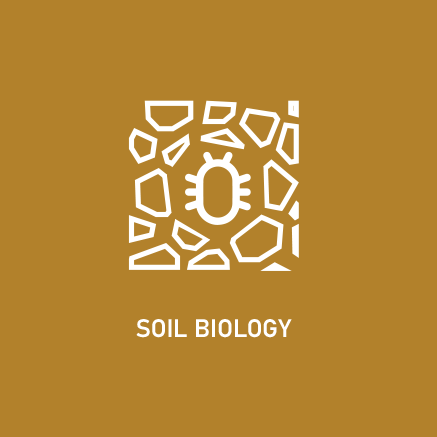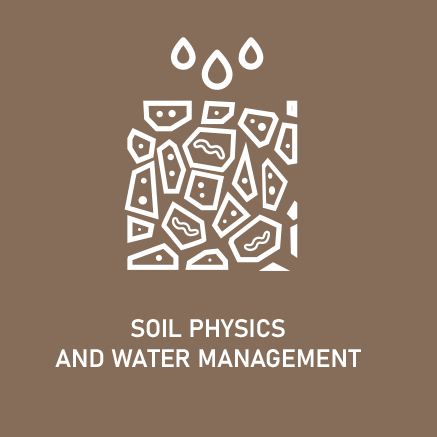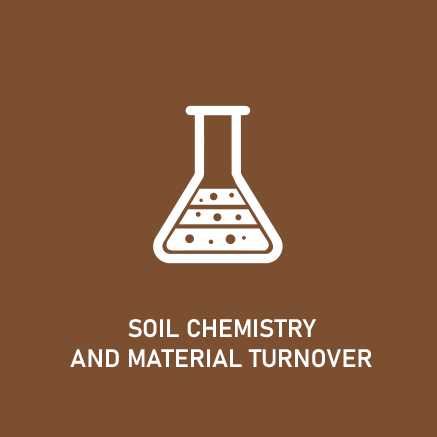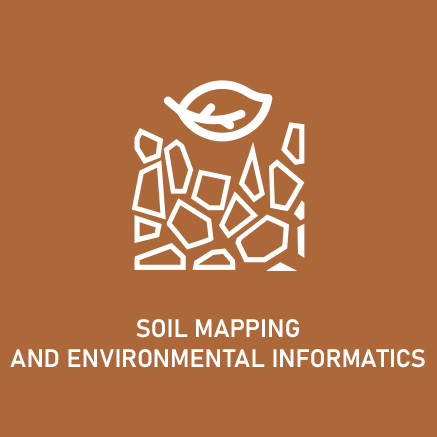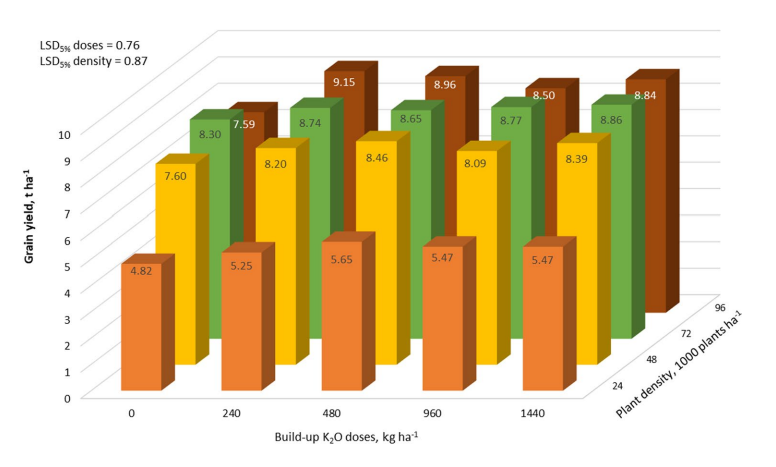Different potassium supply levels were achieved by the initial build-up in autumn 1989. Adequate nitrogen and phosphorus supplies were provided by yearly NP fertilization. The year studied was favourable for maize growth and development. The plant density had a more pronounced effect on grain yield than the different K supplies. Stalk yields showed trends similar to those for grain yields, but plant density had the opposite effect on the leaf weight in the flowering stage. K fertilization increased the K content to the greatest extent in the vegetative parts (leaf and stalk), while increasing plant density had a reverse effect. The K-Ca-Mg antagonism was also the most pronounced in the vegetative parts, i.e. maize leaves in the flowering stage.
According to the results obtained in the field trial, it seems that a century ago, in our grandparents’ time, food contained more minerals than nowadays, due to the fact that plant density decreases grain mineral composition more than mineral fertilization can increase it.
The results of the research can be found in the following publication:






